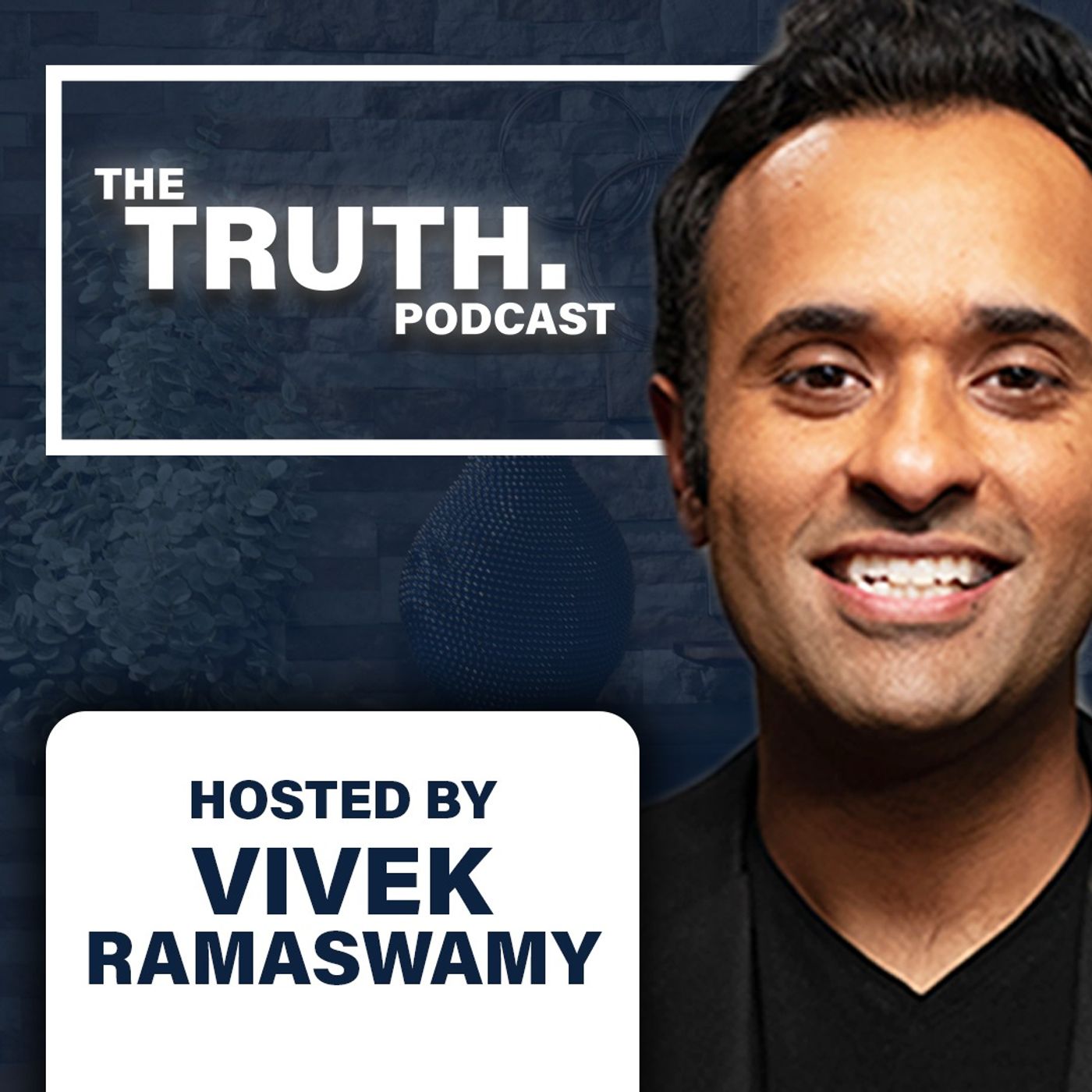Mark Krikorian on Realistic Immigration Reform
In this episode of the Vivek Show, host Vivek Ramaswamy and guest Mark Krikorian, executive director of the Center for Immigration Studies, delve into an insightful conversation on U.S. immigration policy. They debate on topics like border security, the role of the military, and the political implications of immigration policy. Krikorian emphasizes the power of normal law enforcement in securing the border and advocates for substantial legal and policy changes. Ramaswamy and Krikorian further address the contentious issue of legal immigration, its role in modern society, and the effects of immigration on domestic labor. Krikorian presents compelling arguments on the need for a shift in approach, suggesting the categorization of legal immigration into family, skills, and humanitarian aspects. Finally, they discuss the impact of foreign students in American universities and possible reforms in this area. This episode presents thought-provoking perspectives and viable solutions to the complex issue of immigration.--Donate here: https://t.co/PE1rfuVBmbFor more content follow me here:Twitter - @VivekGRamaswamyInstagram - @vivekgramaswamyFacebook - http://facebook.com/VivekGRamaswamyTruth Social - @VivekRamaswamyRumble - @VivekRamaswamy--00:01:22 - Vivek Ramaswamy calls for an overview of the objectives of the U.S. immigration system, highlighting the need for reform.00:03:01 - Mark Krikorian stresses the need for political will to bolster border security through regular law enforcement means.00:07:25 - Krikorian examines the potential political risks linked with deploying the military for border control.00:08:30 - Ramaswamy addresses the crisis at the southern border and underscores the urgency for a viable solution.00:10:30 - Krikorian suggests policy reform could modify law enforcement roles, negating the need for military involvement.00:12:30 - Ramaswamy inquires about Krikorian's pragmatic approach to addressing immigration.00:15:42 - Krikorian highlights the deep state problem and the culture within law enforcement agencies like Border Patrol and ICE.00:17:42 - Krikorian emphasizes enforcing the law and deportation as key factors to address border security.00:20:00 - He talks about incentivizing neighboring countries like Mexico to assist in immigration enforcement.00:22:51 - Krikorian underscores the importance of discussing legal immigration in the context of modern society.00:24:30 - He suggests dividing legal immigration into family, skills, and humanitarian categories.00:28:45 - Ramaswamy discusses potential benefits of skilled immigrants for businesses.00:31:30 - Krikorian argues that attracting skilled immigrants could reduce domestic worker investment.00:32:23 - Krikorian expresses his opposition to temporary worker programs.00:35:42 - Krikorian proposes a cap on foreign students in U.S. universities.

